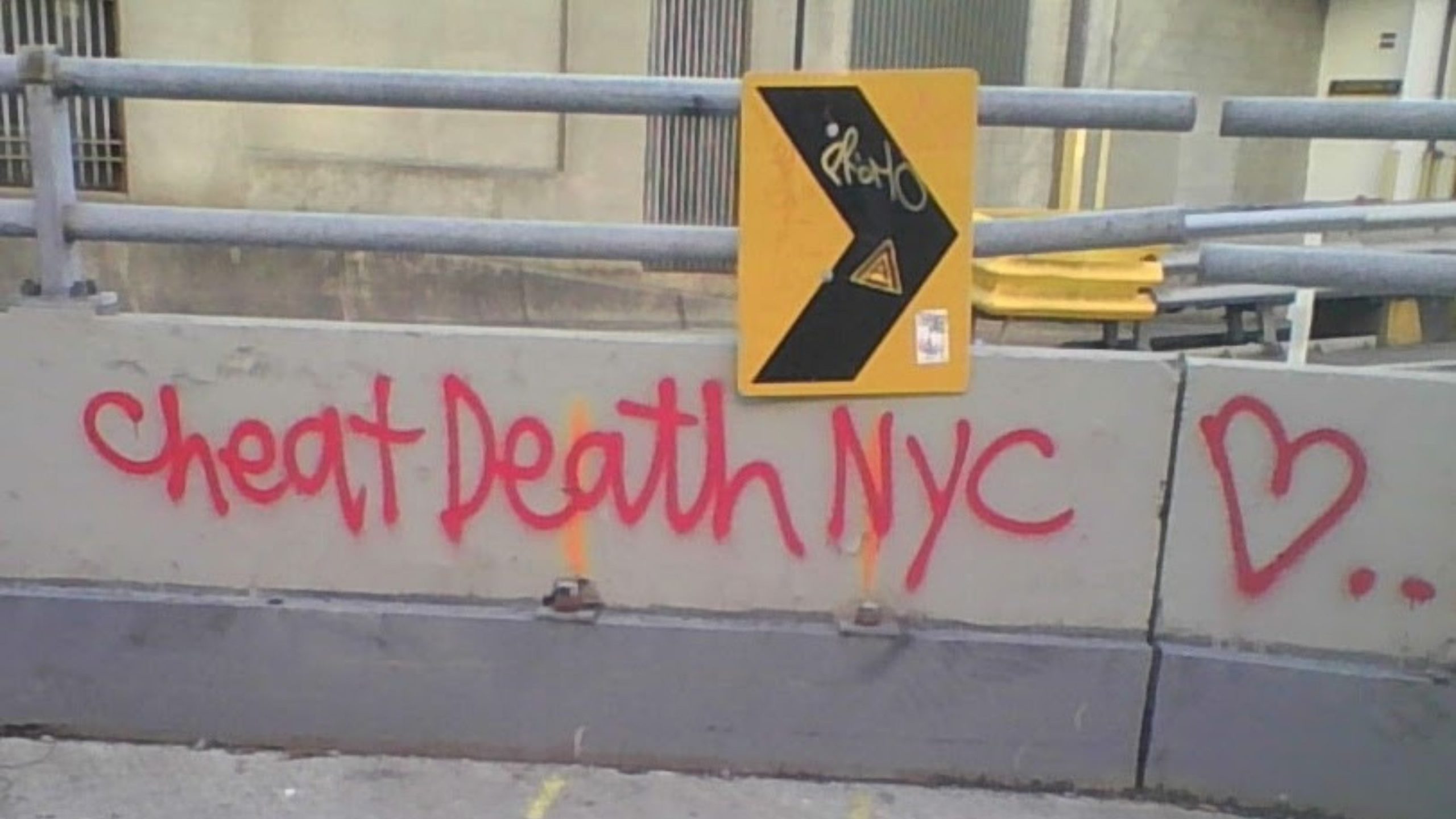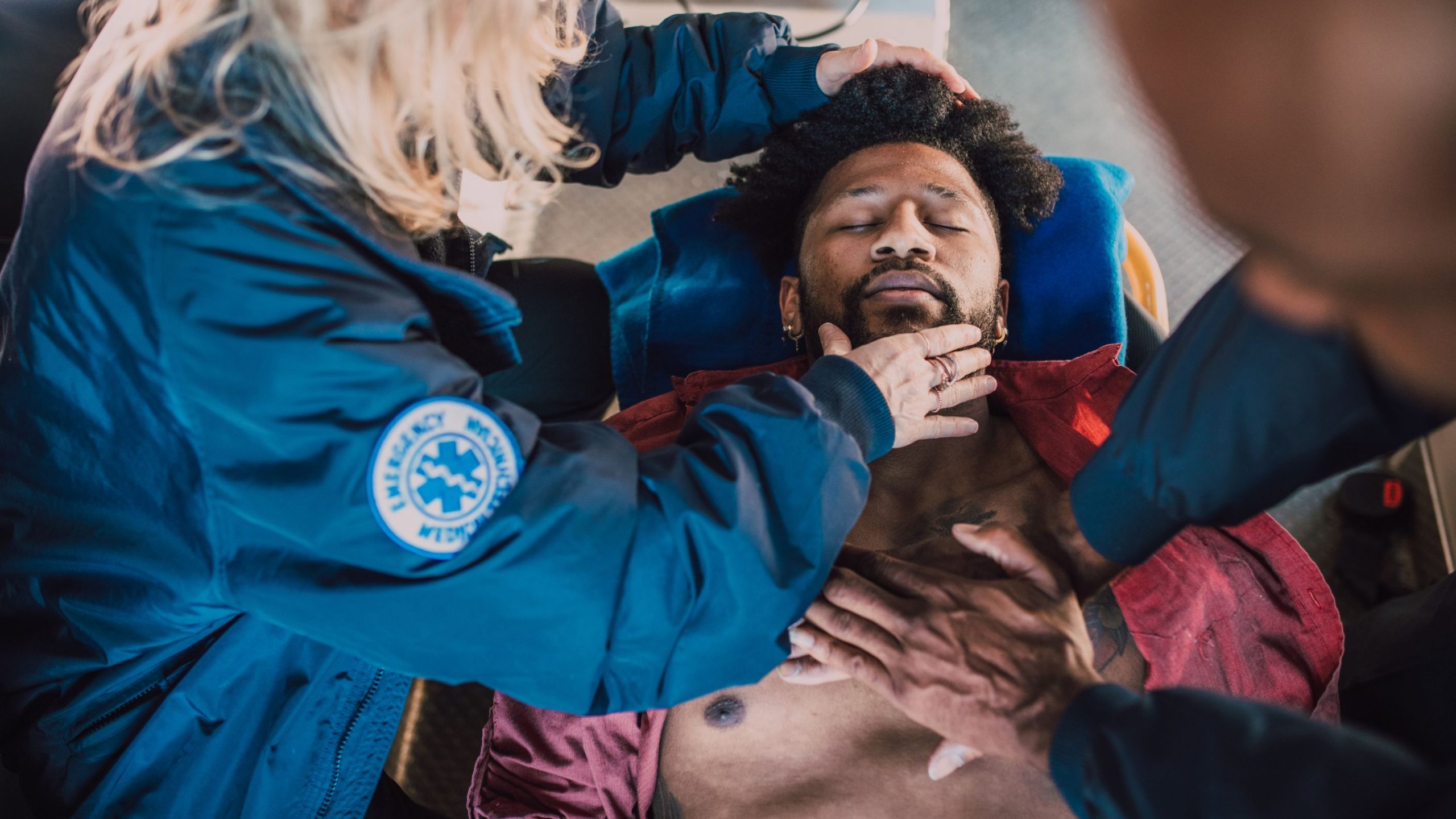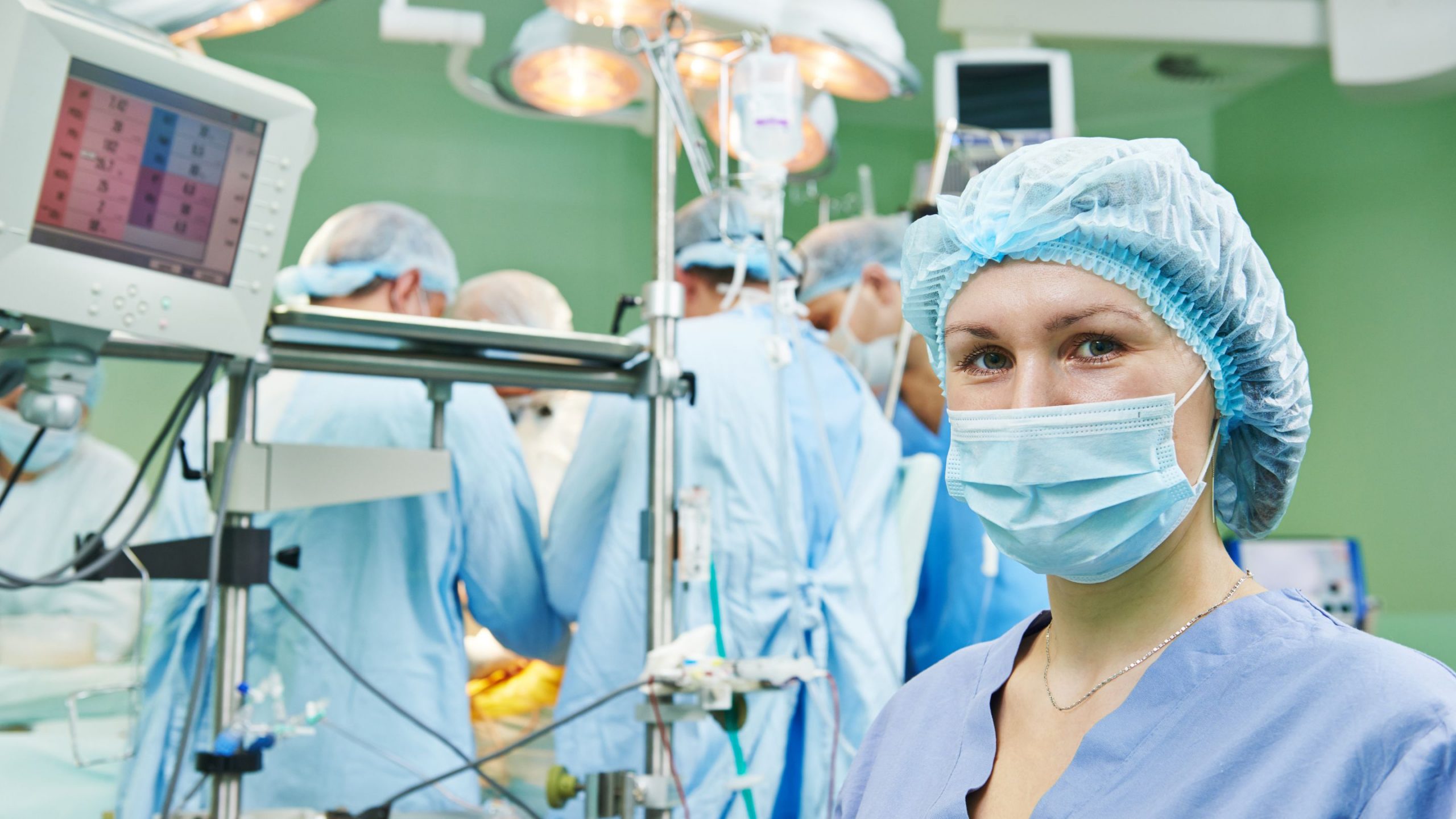
AN EMPTY CITY AND A PLAGUE TENT
I’m fortunate to have a significant number of friends and family asking after my wellbeing on a regular basis. It’s been hard to do self-care, so the frequent reminders help keep me more grounded than I’d otherwise be. I’m well fed but have a very poor appetite. I’m not sure I would be eating much at all were it not for the abundance of food at work. Sleeping during the day has become increasingly difficult, though I’m having no trouble staying awake all night. I’ve tried a few sleeping strategies that aren’t doing much: background noise in the room, darkening the room, alcohol.

Everyone keeps sending me messages and affirmations and telling me I’m a hero for coming here, but I feel more like I’m prolonging the inevitable for most of the people I see. I’ve used almost every skill out here that I’ve ever learned in my entire career, but I very much doubt I’m saving anyone. It’s a bleak, nihilistic place to work, very much like the ICU was. Doubly so, perhaps, because the rest of the city is so empty. I biked through Manhattan before my shift tonight. Times Square, other than a couple of fellow gawkers, was completely empty. Park Avenue, empty. The Queensboro bridge had almost no traffic.
I’ve gotten numerous questions about personal protective equipment, so here’s a long and short of what I’m doing to protect myself. When I get up in the morning, I go about my usual business and when I am ready to go to work, the last thing I do is put my scrubs on before I leave the hotel room. I bike to work in my scrubs and put on my N95 and face shield from the previous day before I enter the hospital. I do sometimes replace it with a fresh N95, depending on the state of the one brought, and I wear a surgical mask over the N95 to reduce the likelihood of soiling it. When I go into patient rooms, I wear gloves and a gown, though I sometimes skip that step when seeing hallway patients in a non-contained area to preserve our supplies. At the end of my shift, I remove the face shield and N95. I bike back to the hotel without a mask, then as soon as I am in the door of my hotel room, the scrubs come off and are left next to the door, to reduce contamination of my hotel room. I usually shower after this as well, but if I’m too exhausted, I just wash my hands, arms, face, neck, and chest before proceeding to bed.
There’s absolutely no way I’m not infected, despite having mostly adequate equipment. I don’t have any symptoms, other than a sore throat from dehydration on shift. I’m 29 and healthy, so I’m highly unlikely to become seriously ill and, based on the statistics published by countries like South Korea that can be bothered to test extensively, I’m extremely likely to be an asymptomatic carrier. Many nurses and doctors I know from back in the Midwest have told me they’re only getting a surgical mask for confirmed cases, or nothing for patients who haven’t had a confirmed positive test. We’re lucky here; our test only takes 12-24 hours to result because my hospital runs them in batches twice a day. It’s still taking 4-7 days minimum for results for ICU patients back in Wisconsin. I wonder how many nurses will die a preventable death from COVID. Numerous coworkers here, where protection is required for every patient regardless of test status, have tested positive. A few are on ventilators or in intensive care as I write this.

I’ve had numerous patients die under my care now. Yesterday, I admitted an elderly man who seemed to be doing fairly well on an oxygen mask. He deteriorated rapidly. In a span of about 30 minutes, he went from alert to confused and agitated to cardiac arrest. I felt sorry for doing chest compressions on him, even for the short 15 minutes we did CPR, but his next of kin wanted “everything done” to keep him alive. Hopefully he was too far gone to feel the pain of all his broken ribs as we compressed his chest. The resuscitations we’re attempting on the elderly are almost certainly a futile effort. Even in the unlikely event they do survive COVID, they’re even less likely to live for a meaningful length of time or with any quality of life with the injuries inflicted from resuscitation.
I started yesterday’s shift in the same way I ended Saturday’s: by assisting resuscitation efforts on a patient. We have so many patients who become pulseless that they’ve stopped calling for the resuscitation team overhead every time. The process has changed from a specific resuscitation team of three people who respond to all cardiac arrests to a free-for-all in which whoever’s available hops in. There are just too many cardiac arrests and intubations happening to rely on the availability of a designated team, and we don’t have the staff to have a team set aside to respond solely to resuscitation. I ran my first resuscitation independently yesterday. Under normal circumstances, the MD usually medically manages them, but the one covering was just exhausted. He poked his head in when he heard we were starting CPR on yet another person, looked at me, and asked if I was good to medically manage it. I said yes, and he left to go do something else. We worked harder on that one than we had on others. He was young, in his 40s, and had a breathing tube placed and was on a ventilator that we didn’t know was faulty. We realized it quickly, only about five minutes after the ventilator malfunctioned, but not quickly enough to reverse course. We couldn’t save him. It was especially hard because one of his roommates, a dialysis patient in his 40s with every comorbidity under the sun, had regained a pulse twice from CPR in the span of about two hours. The deceased probably even watched us get the other guy’s pulse back the first time; there’s no privacy whatsoever in these rooms.
Tonight they reopened the tent hospital, so I was solo in the plague tent throughout the night. Somebody must have complained about the lack of security, because there was a security guard sitting near the tent for most of the night. The tent was full all night with eight patients, several of whom rotated in and out throughout the night. One guy got confused — I was uncertain whether from hypoxia or dementia — and started wandering around the tent adjusting everyone else’s oxygen settings. Another patient’s oxygen abruptly dropped, and they had to be sent in for BiPAP. At one point, all four of my oxygen tanks ran out at the same time. I couldn’t get any help for most of the night –the department was too busy managing back-to-back resuscitations and intubations — so I had to leave my patients alone in the tent numerous times to get supplies or deal with problems. I ran all night long.

On a more positive note, I learned today that at 7:00 every evening, the community around this hospital gives everyone working for the hospital a standing ovation. People driving by turned up their music, people yelled out their apartment windows, and passersby joined in. I hadn’t noticed the signs around the block or heard it previously, but another staff member told me it’s been going on daily for at least a few days.
JACKIE CHRISTIANSON
Author
Share this post
Nurses International is a non-profit entirely focused on helping nurses obtain the education and the support they need to make a difference in developing nations worldwide.
We connect colleges and institutions with experts who can take their nursing programs to the next level. We help establish new nursing programs where they’re needed most. And we eliminate the barriers that stand between students and education.
QUICK LINKS
CONTACT US
FOLLOW US
EIN: 46-4502500